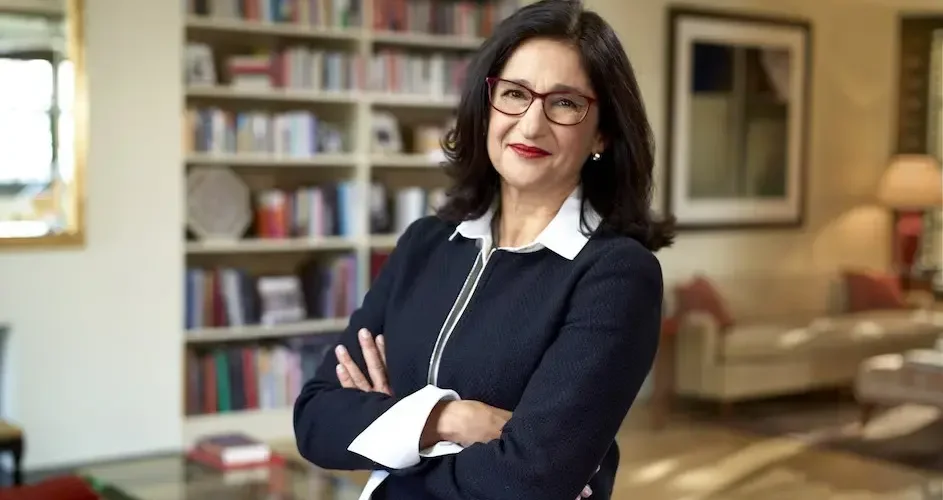Minouche Shafik, the president of Columbia University, has resigned from her position. Her decision comes after a year of protests on campus related to the Israel-Hamas war.
Background of the Resignation
Shafik’s tenure at Columbia was marked by significant challenges. The protests began after the Israel-Hamas war started, leading to a lot of tension on campus. Many students and faculty members were unhappy with how the situation was handled.
Controversial Decisions
One of the most controversial decisions during her time was calling the New York Police Department to remove protesters from the campus. This led to the arrest of about 100 students, which was the first mass arrest on Columbia’s campus since the Vietnam War protests12. This move sparked even more protests and criticism from both students and faculty.
Shafik’s Statement
In her resignation letter, Shafik mentioned that the past year had been very tough for her and her family. She said that she tried to navigate the challenges with fairness and compassion but found it distressing to be the subject of threats and abuse. She also stated that stepping down would help the university move forward.
Future Plans
After resigning from Columbia, Shafik has been hired by the UK government. She will chair a review into the UK’s approach to international development.
Interim Leadership
Katrina Armstrong, the head of Columbia University Irving Medical Center, will serve as the interim president until a new president is appointed.

